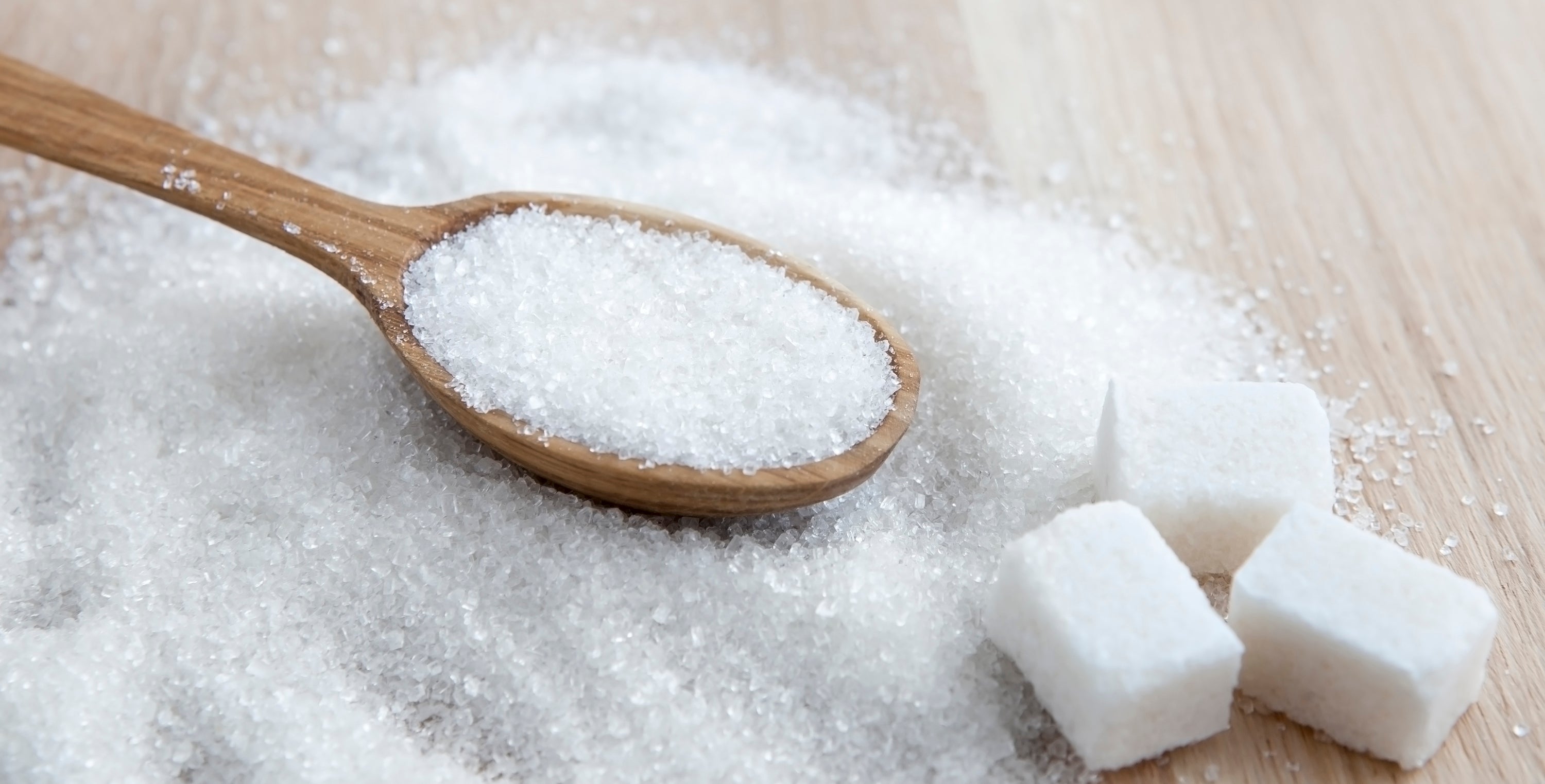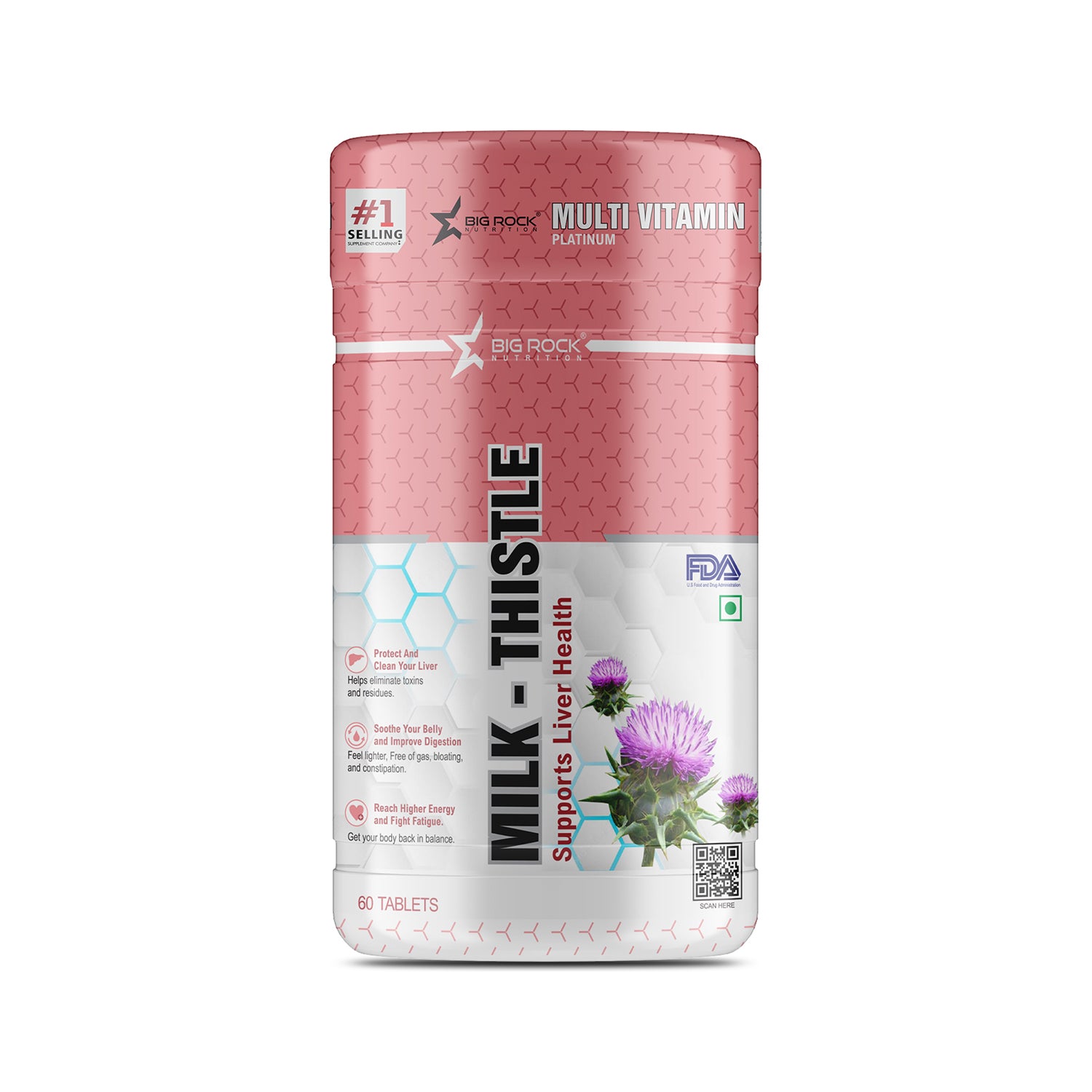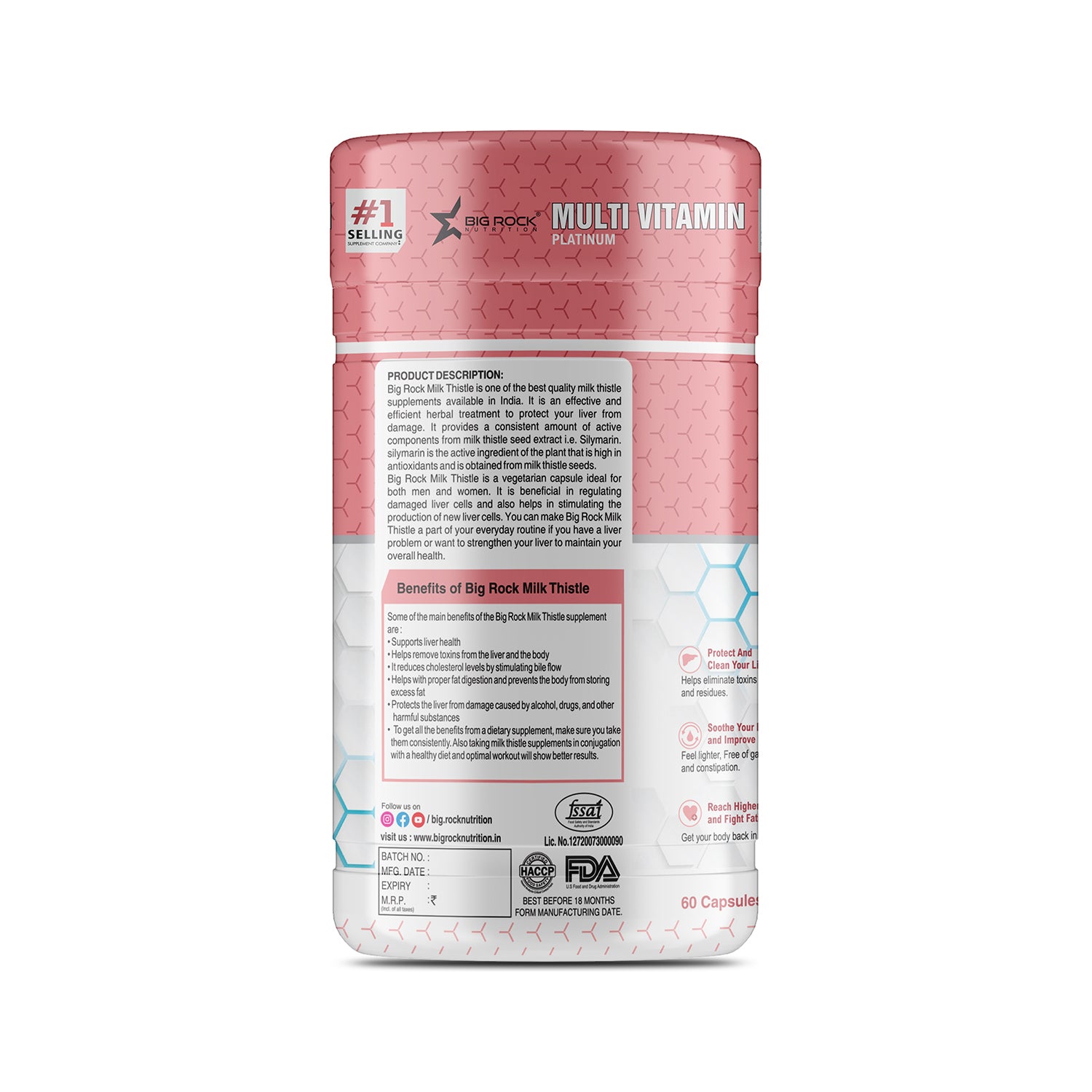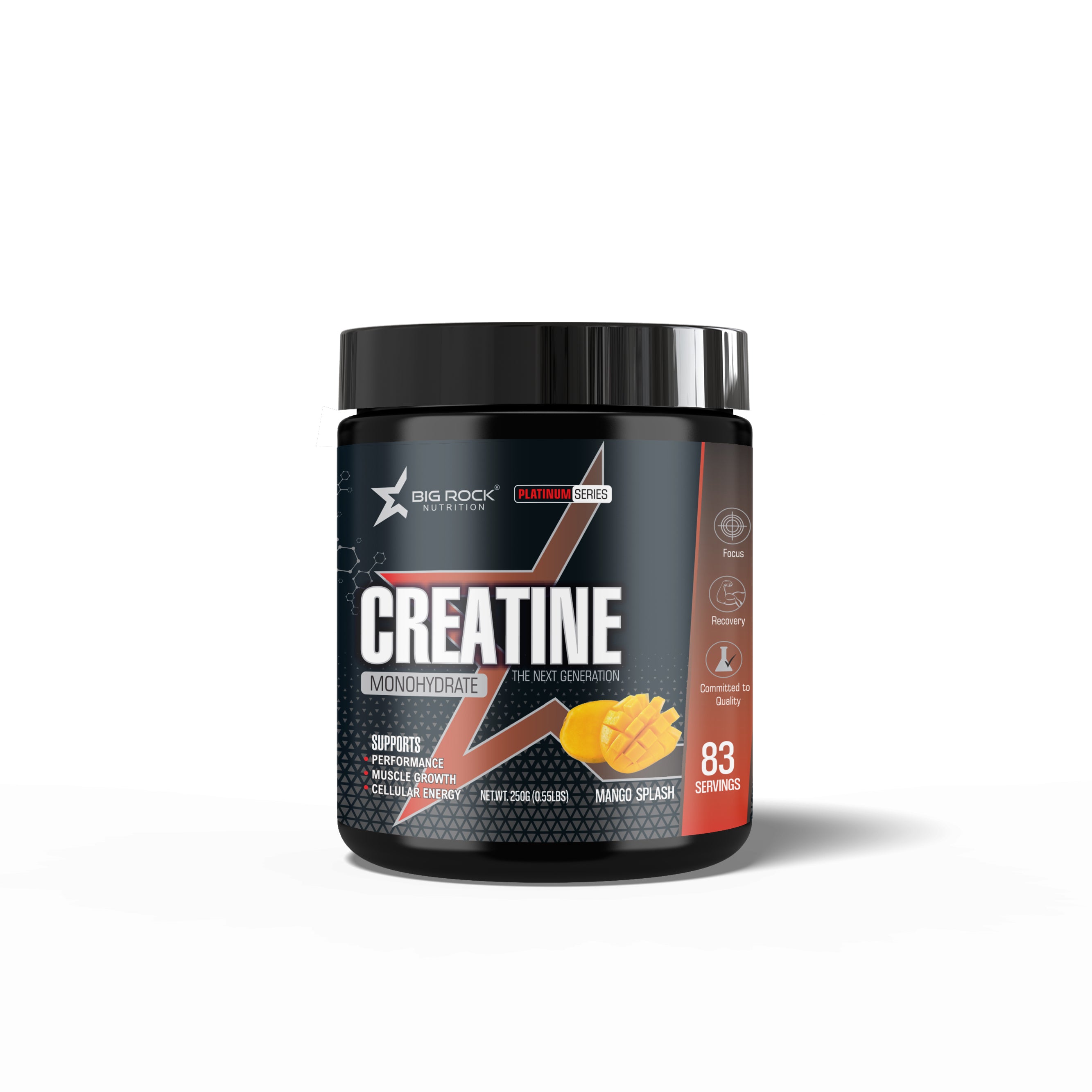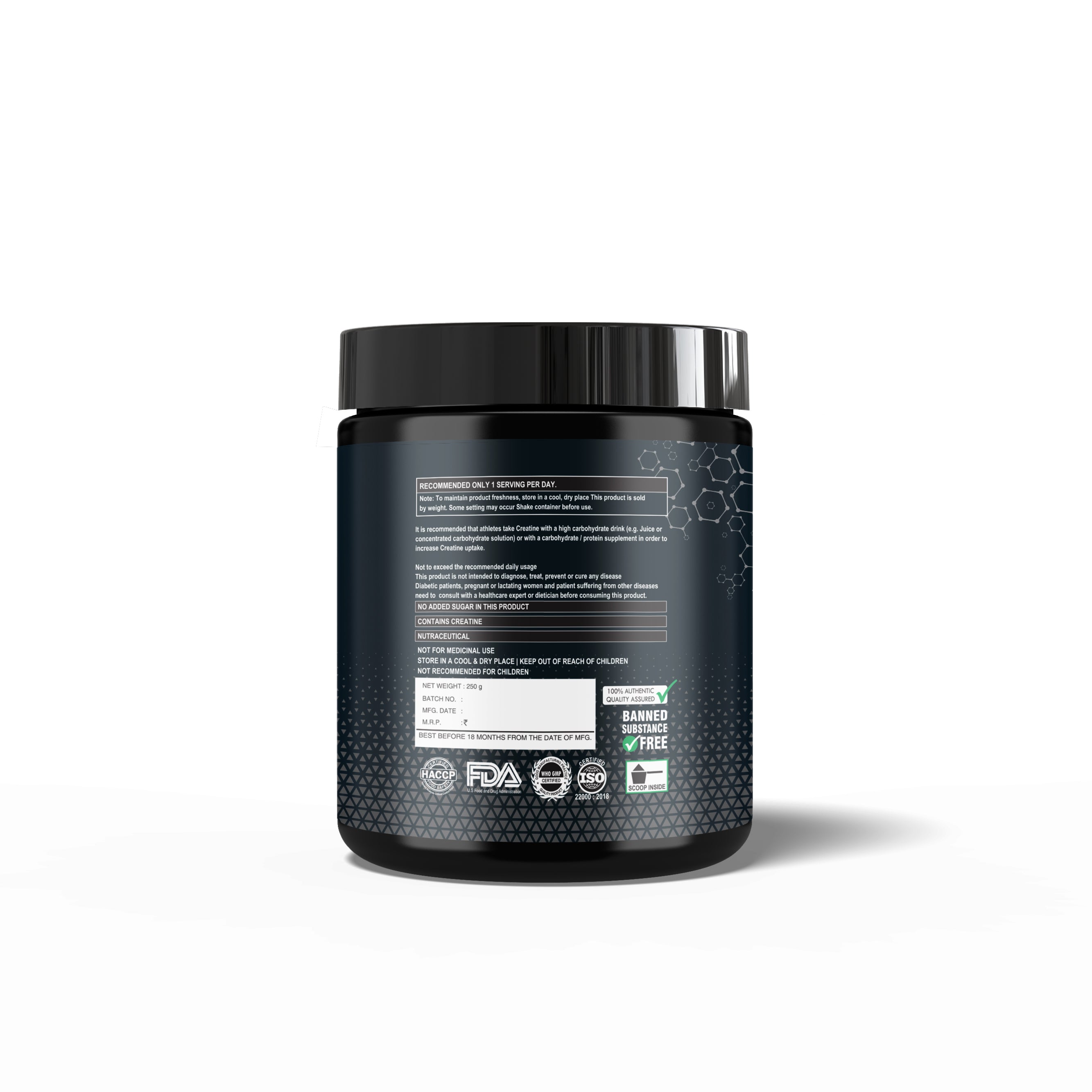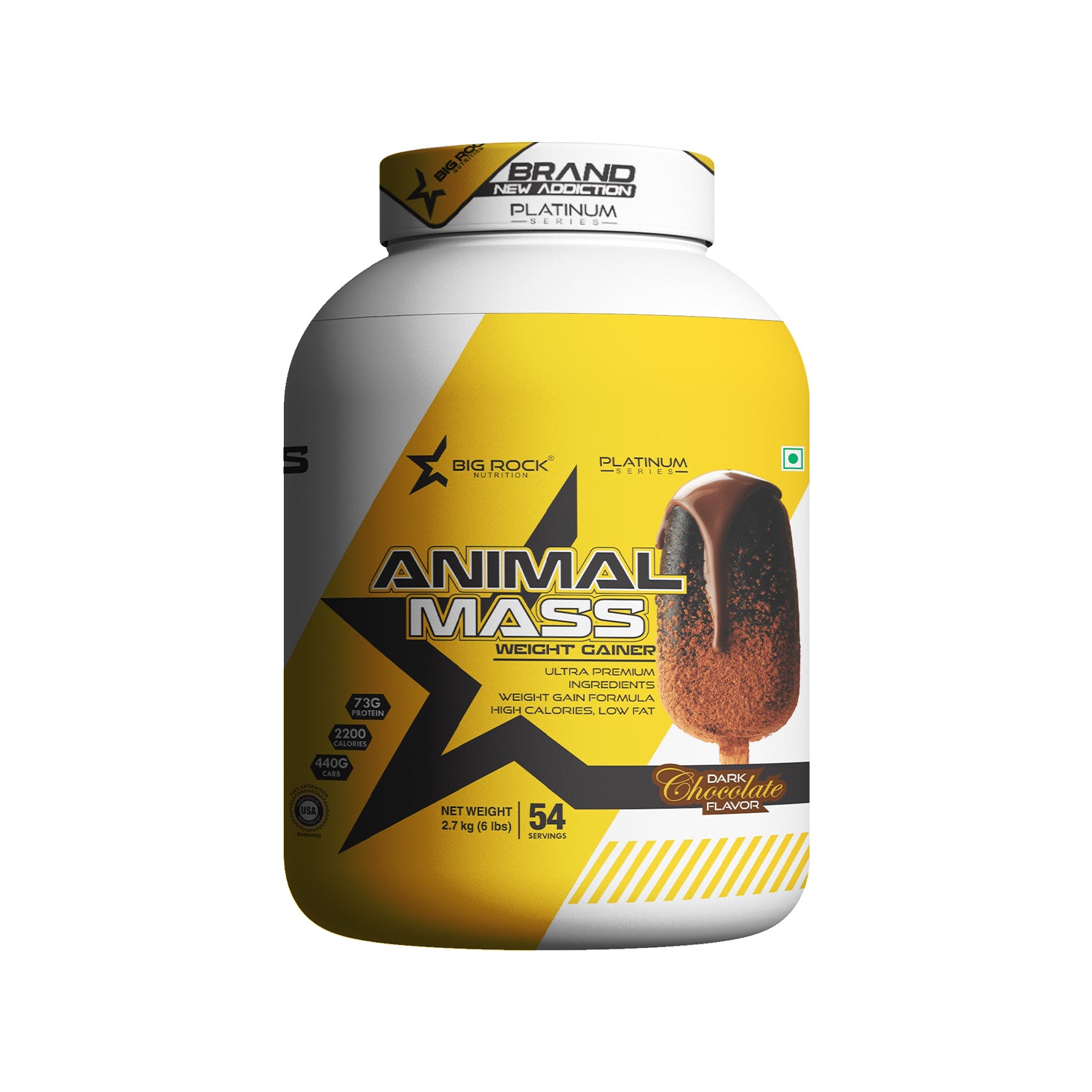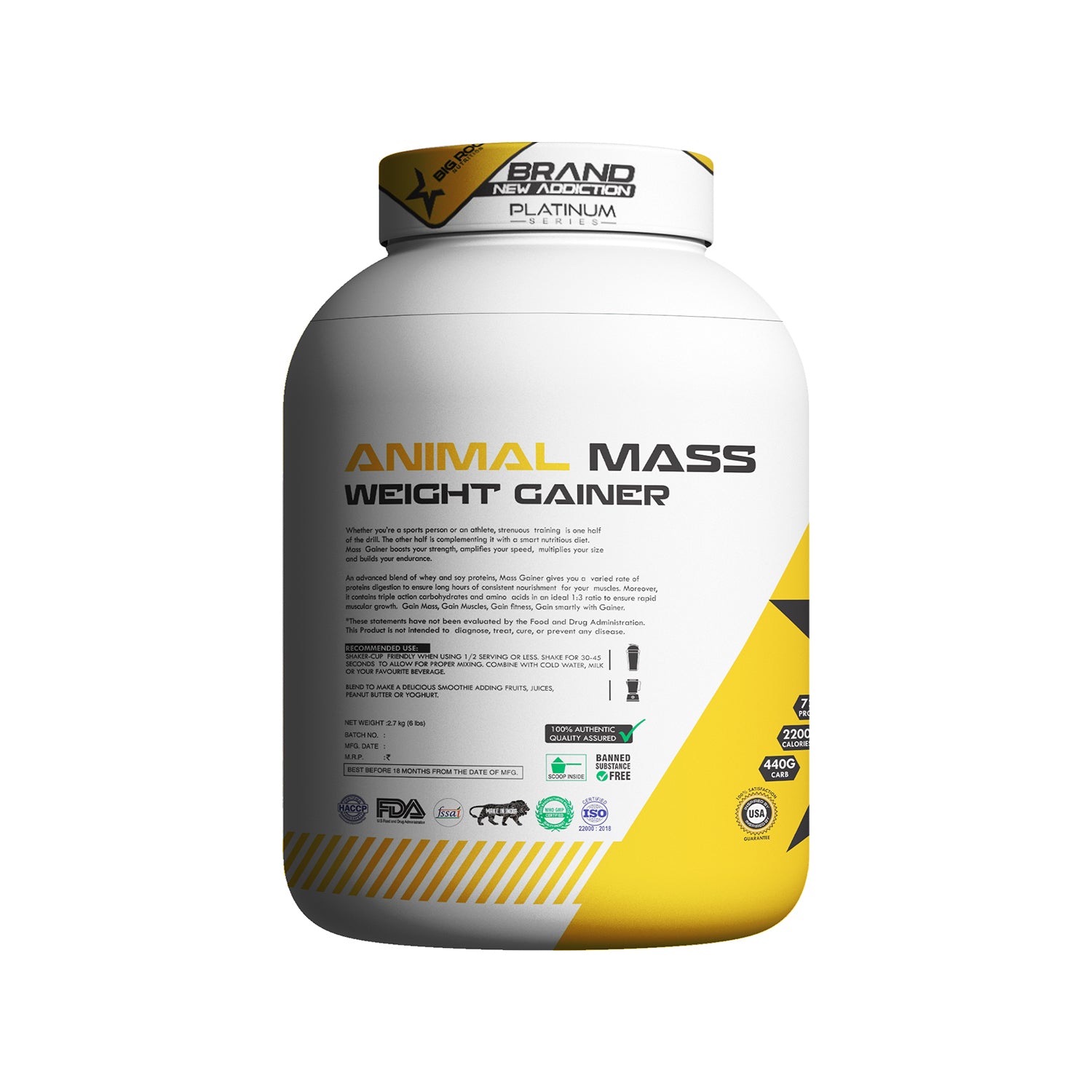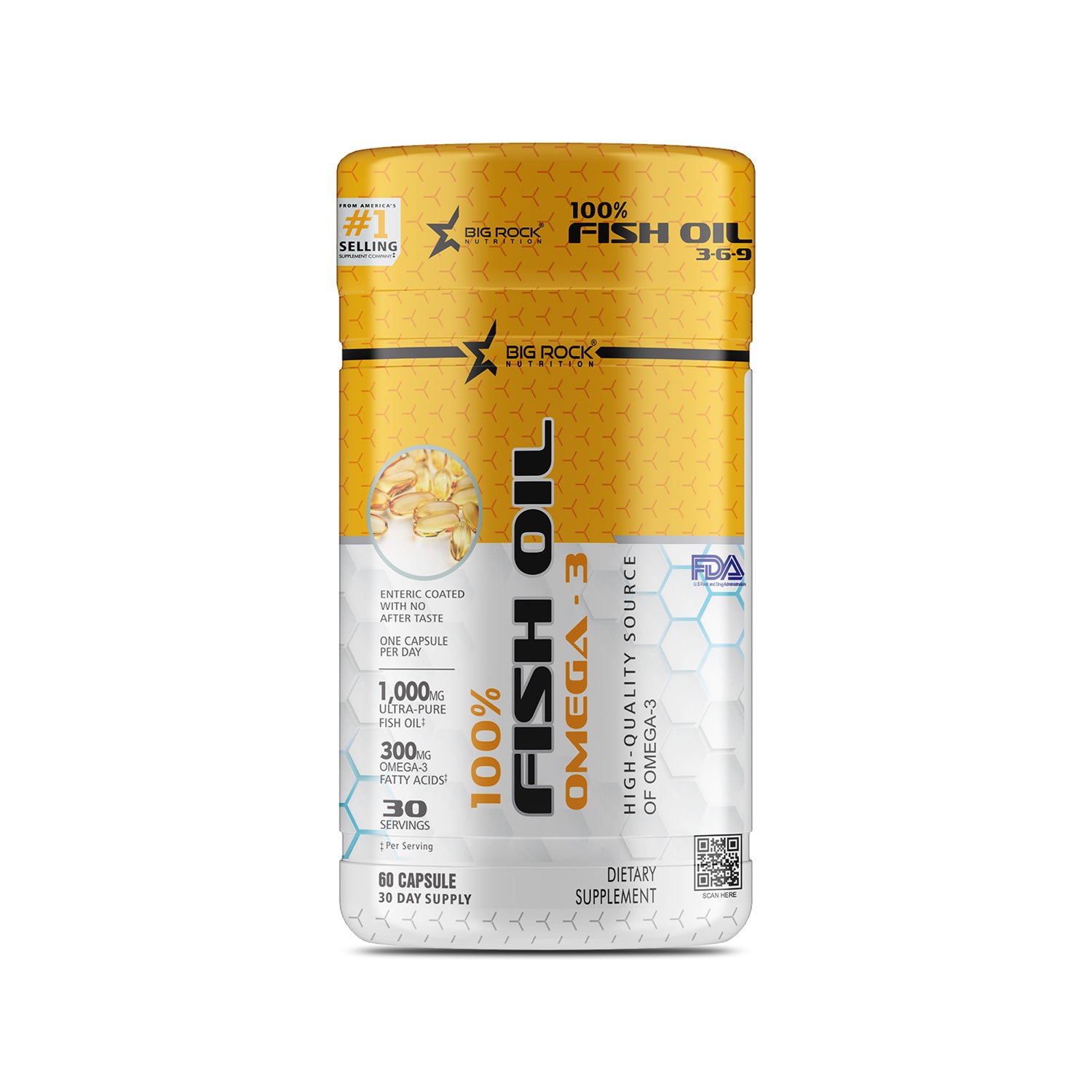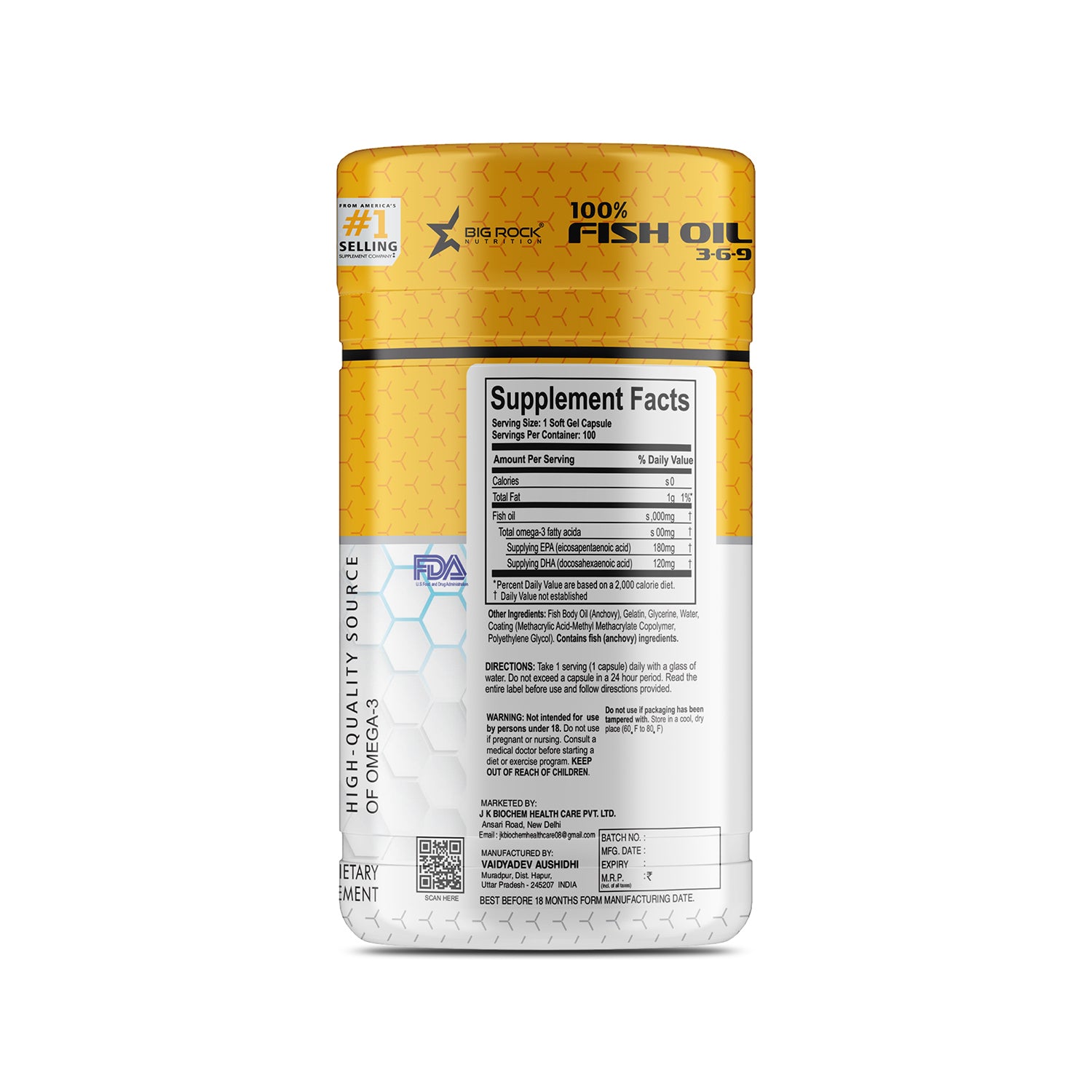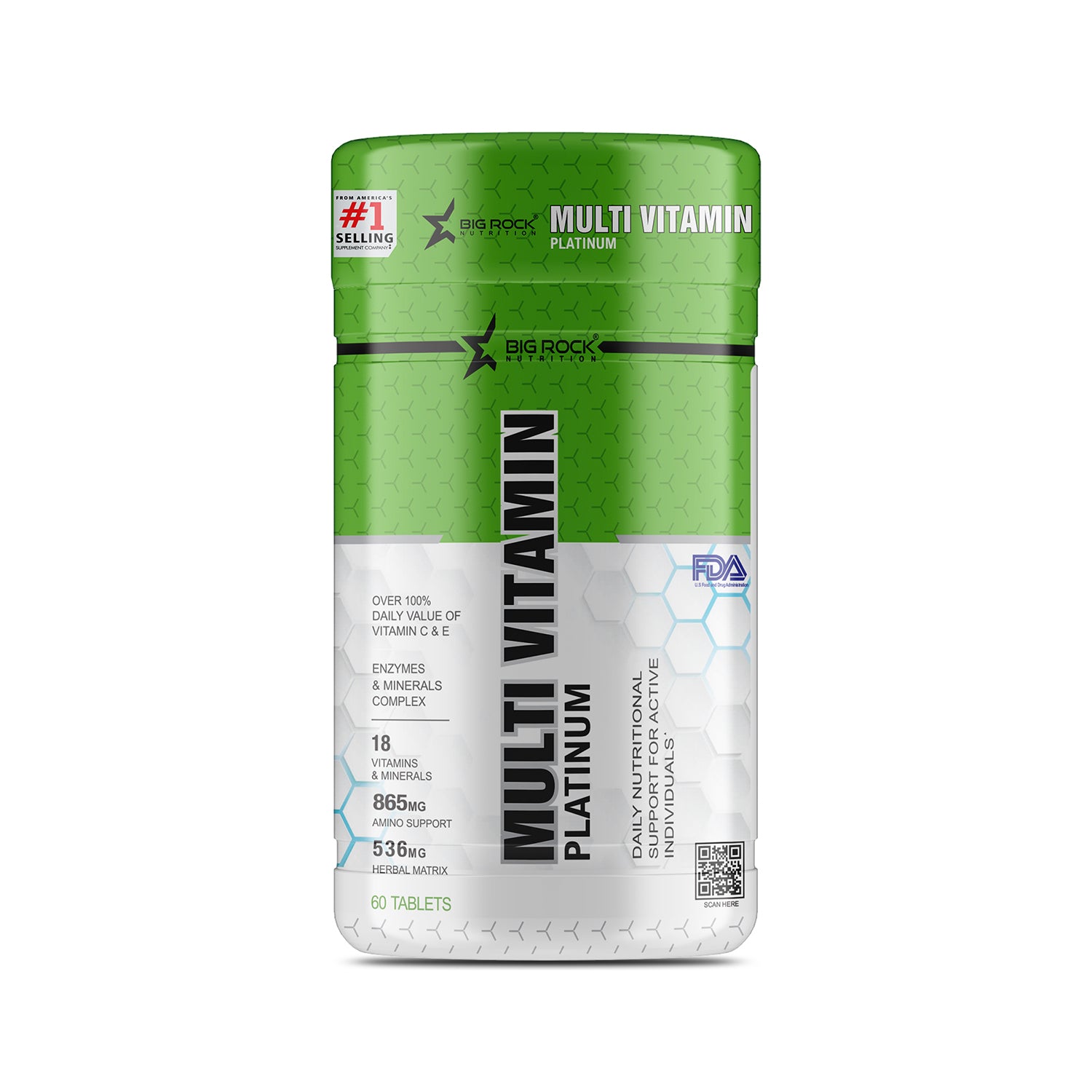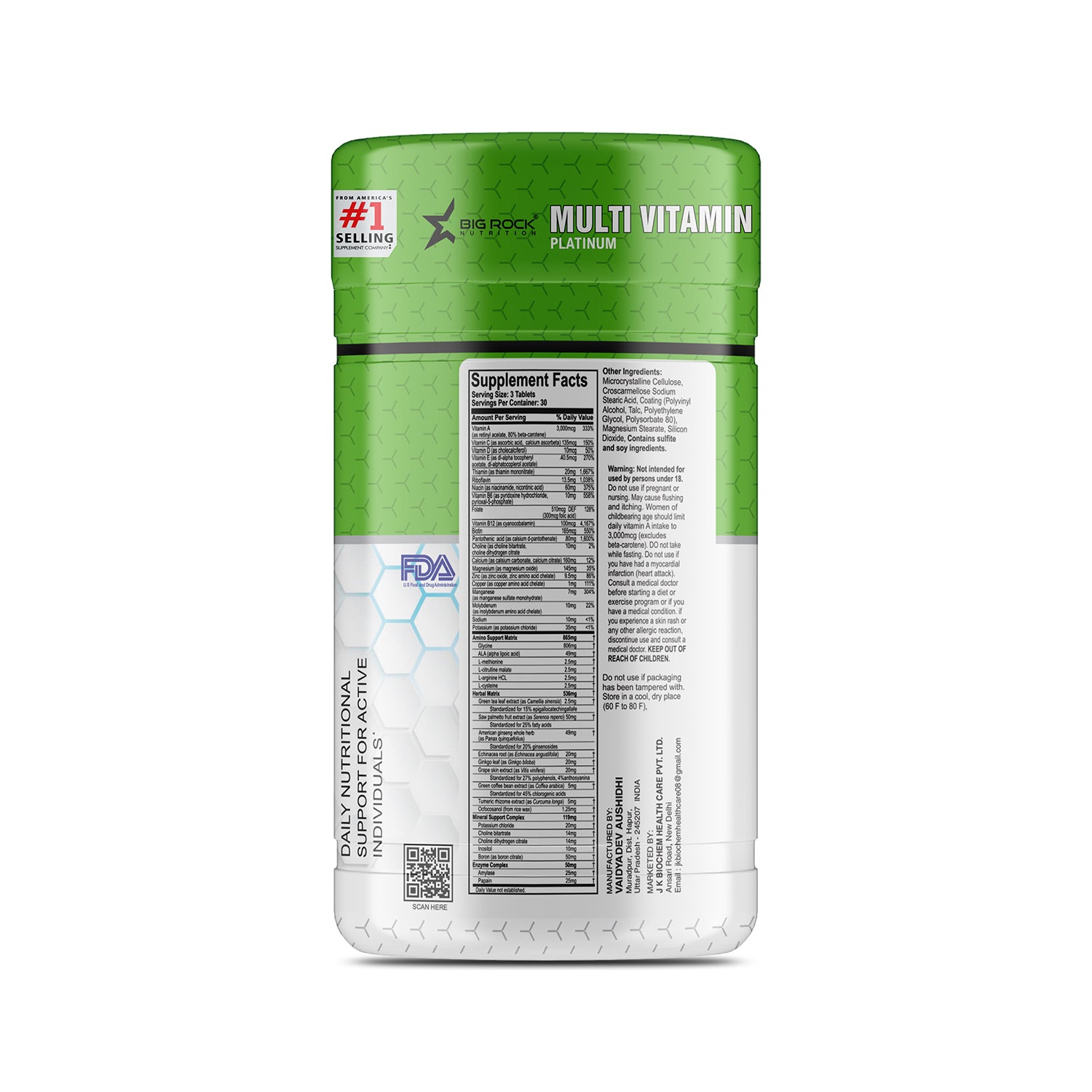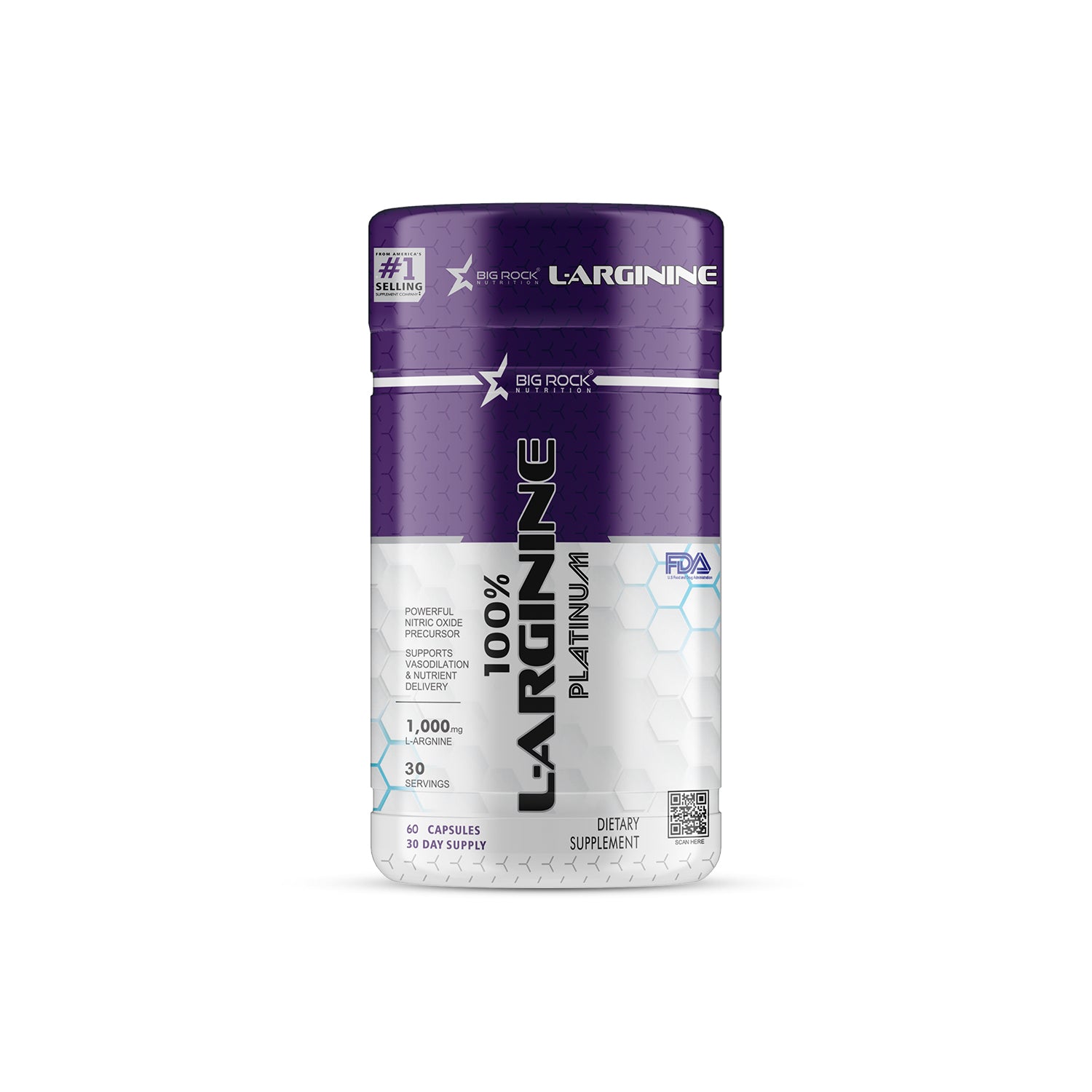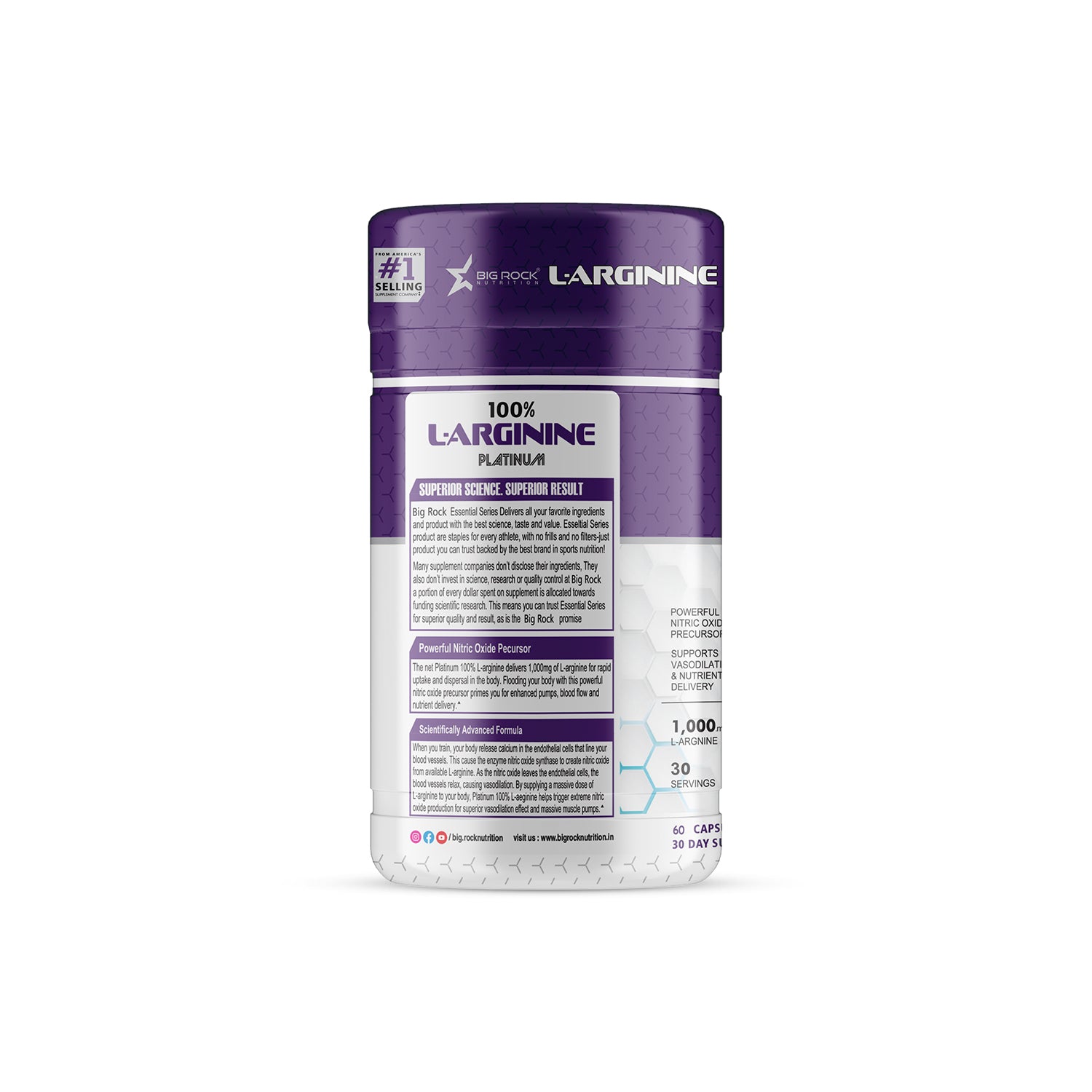Achieving healthy and glowing skin involves a combination of good skincare practices, a balanced diet, proper hydration, and a healthy lifestyle. Here’s a comprehensive guide to help you get started:
1. Establish a Consistent Skincare Routine
-
Cleanse Twice Daily: Use a gentle cleanser to wash your face twice a day—once in the morning and once before bed. This helps remove dirt, oil, and impurities that can clog pores and cause breakouts.
-
Exfoliate Regularly: Exfoliate your skin 2-3 times a week to remove dead skin cells and promote cell turnover. Use a gentle exfoliant to avoid irritation, and choose one that suits your skin type.
-
Moisturize Daily: Even if you have oily skin, moisturizing is crucial. A good moisturizer helps maintain your skin’s hydration levels, creating a barrier to protect against environmental damage.
-
Sun Protection: Apply sunscreen with at least SPF 30 every day, even on cloudy days. UV rays can cause premature aging, hyperpigmentation, and increase the risk of skin cancer. Reapply every two hours if you're outdoors.
-
Night Care: Consider using a night cream or serum with ingredients like retinol, hyaluronic acid, or peptides. These ingredients help repair and rejuvenate your skin while you sleep.
2. Hydrate, Hydrate, Hydrate
-
Drink Water: Aim for at least 8 glasses of water a day. Proper hydration helps maintain your skin’s elasticity and keeps it looking plump and radiant. It also helps flush out toxins that can cause dullness and breakouts.
-
Humidify Your Environment: If you live in a dry climate or spend a lot of time in air-conditioned spaces, using a humidifier can add moisture to the air and prevent your skin from becoming dry and flaky.
3. Eat a Balanced, Nutrient-Rich Diet
-
Antioxidants: Incorporate foods rich in antioxidants like berries, dark leafy greens, nuts, and seeds. Antioxidants help protect your skin from damage caused by free radicals and promote a healthy complexion.
-
Healthy Fats: Foods rich in omega-3 fatty acids, such as salmon, flaxseeds, and walnuts, help maintain your skin’s lipid barrier, keeping it soft, supple, and hydrated.
-
Vitamins and Minerals: Ensure your diet includes a variety of vitamins and minerals that promote skin health, such as:
- Vitamin C: Found in citrus fruits, bell peppers, and strawberries, vitamin C is crucial for collagen production, which helps maintain skin firmness.
- Vitamin E: Present in almonds, avocados, and sunflower seeds, vitamin E helps protect your skin from oxidative damage.
- Zinc: Zinc, found in legumes, nuts, and whole grains, supports skin healing and reduces inflammation.
-
Hydrating Foods: Foods with high water content, like cucumbers, watermelon, and oranges, help keep your skin hydrated from the inside out.
4. Manage Stress
-
Practice Relaxation Techniques: Stress can trigger skin issues like acne, eczema, and psoriasis. Incorporate stress-reducing practices such as yoga, meditation, deep breathing exercises, or journaling into your daily routine.
-
Get Enough Sleep: Aim for 7-9 hours of quality sleep per night. Your skin repairs itself while you sleep, so lack of sleep can lead to dark circles, puffiness, and a dull complexion.
5. Exercise Regularly
-
Boost Circulation: Regular physical activity increases blood flow, delivering more oxygen and nutrients to your skin, which helps keep it healthy and glowing.
-
Detoxify: Sweating during exercise helps your body eliminate toxins that can clog pores and lead to breakouts. Always cleanse your skin after a workout to remove sweat and bacteria.
6. Avoid Harmful Habits
-
Limit Sugar and Processed Foods: High sugar intake can lead to glycation, a process that damages collagen and elastin, leading to premature aging. Try to reduce your intake of sugary and highly processed foods.
-
Quit Smoking: Smoking narrows blood vessels, reducing blood flow and depriving your skin of oxygen and essential nutrients. It also damages collagen and elastin, leading to sagging skin and wrinkles.
-
Limit Alcohol Consumption: Alcohol dehydrates your body and skin, making it look dull and tired. It can also cause inflammation, leading to redness and breakouts.
7. Treat Your Skin Gently
-
Avoid Hot Water: Washing your face with hot water can strip your skin of its natural oils, leading to dryness and irritation. Use lukewarm water instead.
-
Be Gentle When Cleansing: Avoid scrubbing your skin harshly. Use gentle, circular motions when applying products to prevent damage.
-
Choose Skin-Friendly Fabrics: Use soft, clean towels to pat your skin dry and opt for pillowcases made of silk or satin, which cause less friction and help prevent wrinkles.
8. Consider Professional Treatments
-
Facials: Regular facials can help deep-clean your pores, exfoliate dead skin cells, and improve circulation, leading to a brighter complexion.
-
Chemical Peels: Chemical peels can remove the top layer of dead skin cells, revealing smoother, more radiant skin underneath. They can also help with issues like acne scars, hyperpigmentation, and fine lines.
-
Microneedling: This procedure involves tiny needles that puncture the skin to stimulate collagen production and improve skin texture and tone.
-
Laser Treatments: Laser treatments can address various skin concerns, including hyperpigmentation, acne scars, and uneven skin tone, by promoting collagen production and skin renewal.
9. Pay Attention to Your Skin Type
-
Know Your Skin Type: Tailor your skincare routine to your specific skin type—whether it’s oily, dry, combination, or sensitive. This ensures you’re using the right products that work best for your skin’s needs.
-
Patch Test New Products: Always patch test new skincare products to ensure they don’t cause irritation or allergic reactions.
10. Protect Your Skin from Environmental Damage
-
Wear Protective Clothing: When spending extended time outdoors, wear protective clothing, hats, and sunglasses to shield your skin from UV damage.
-
Antioxidant Serums: Consider using a serum with antioxidants like vitamin C, E, or ferulic acid in the morning to protect your skin from environmental pollutants and oxidative stress.
By incorporating these practices into your daily routine, you can achieve healthy, glowing skin that not only looks good but also feels good. Consistency is key, so make these habits a regular part of your lifestyle to see long-lasting results.




